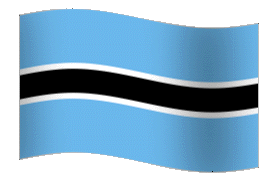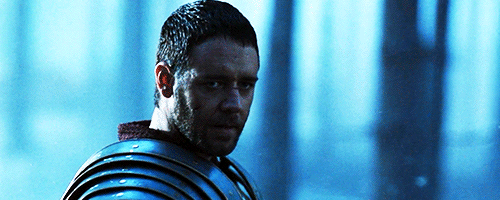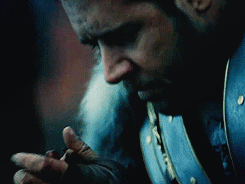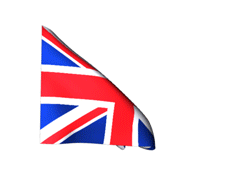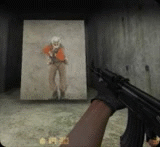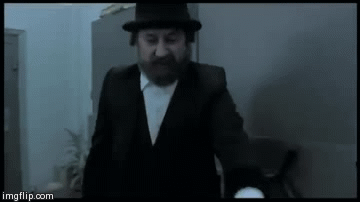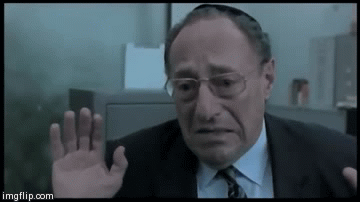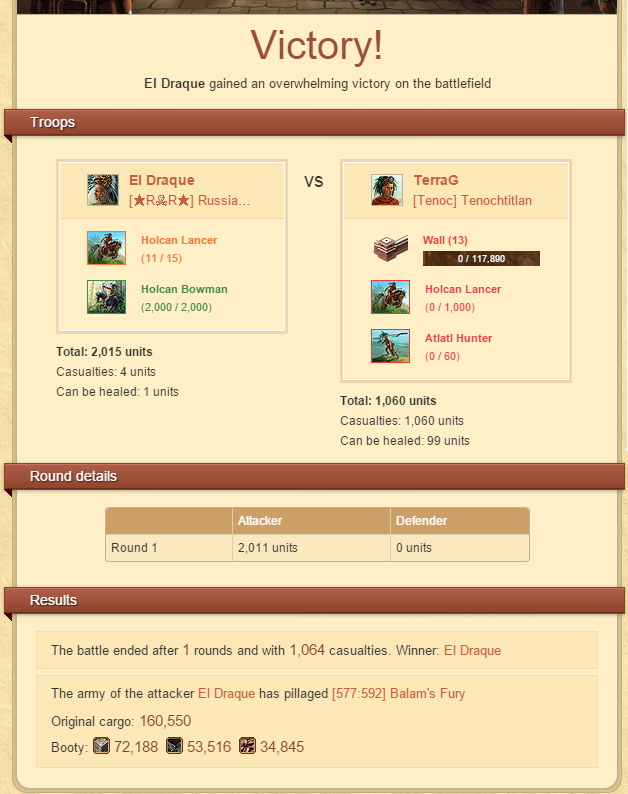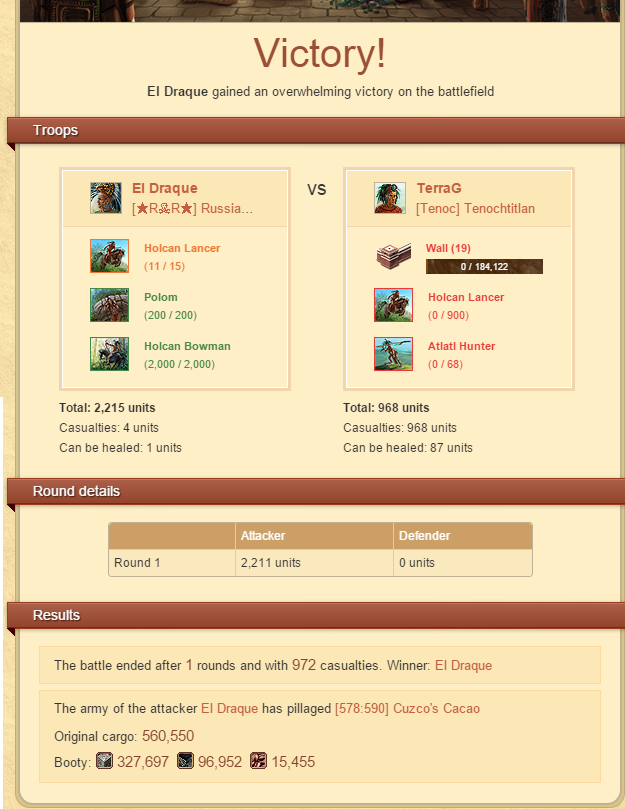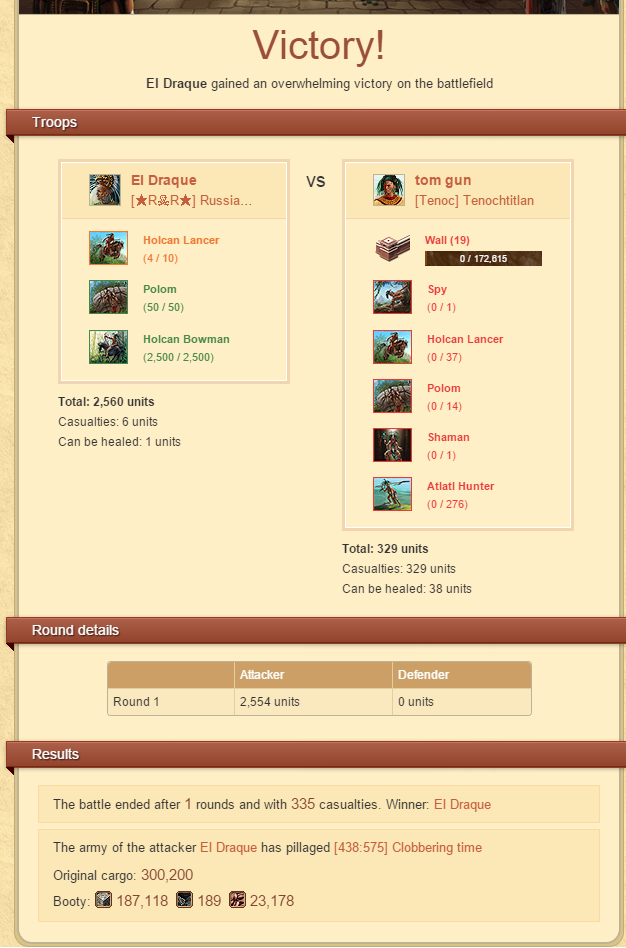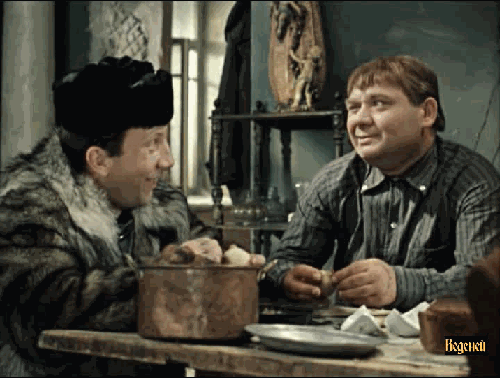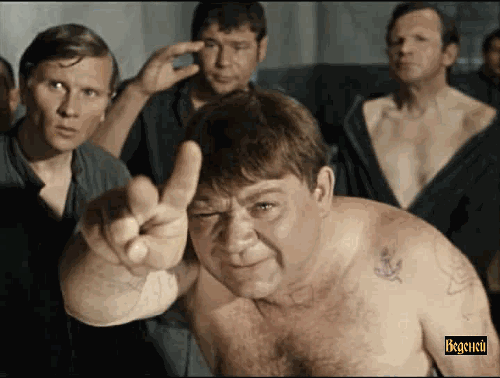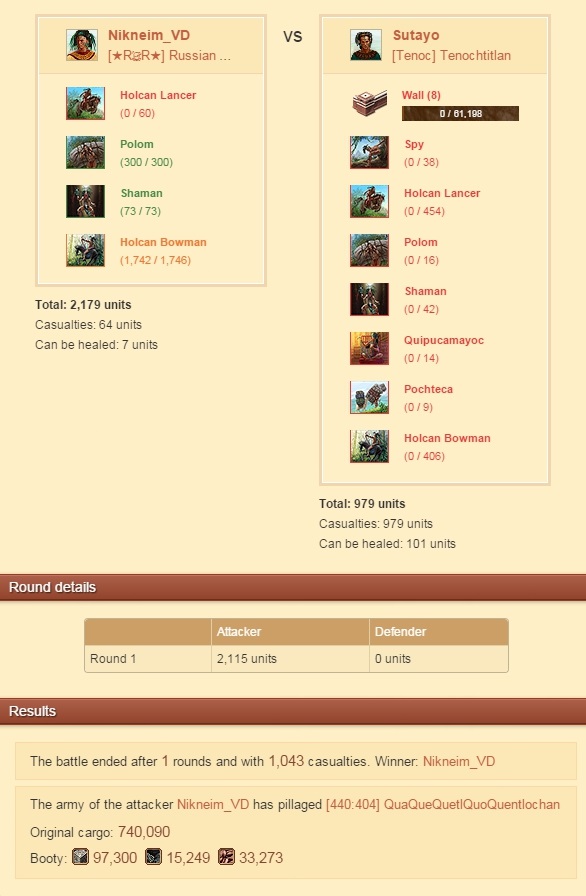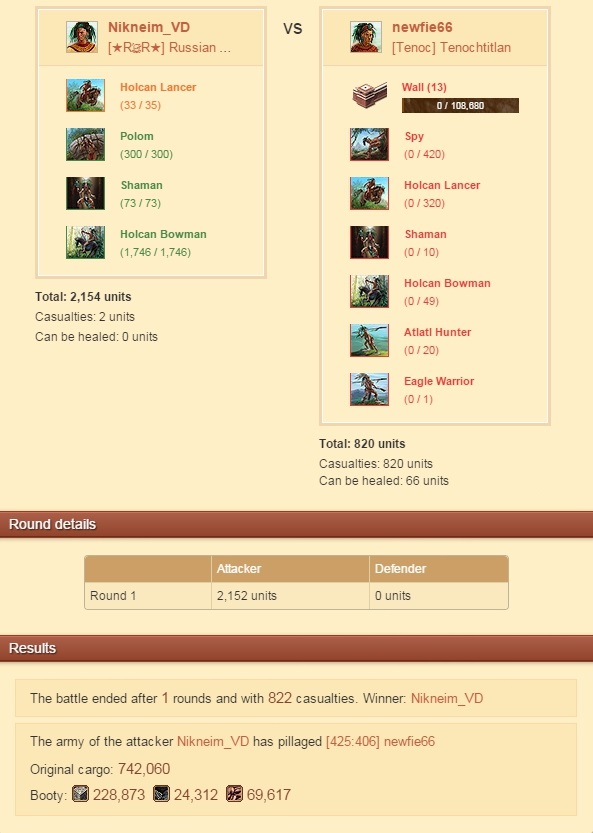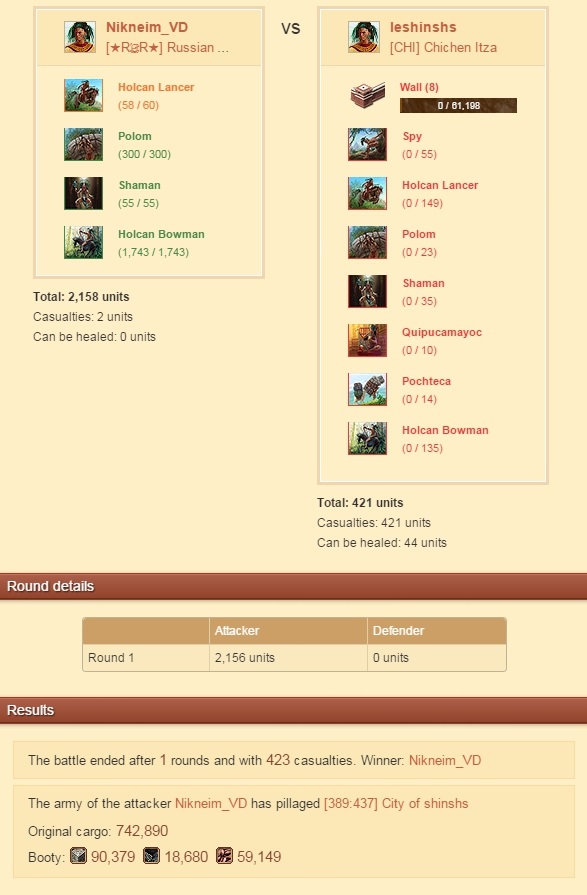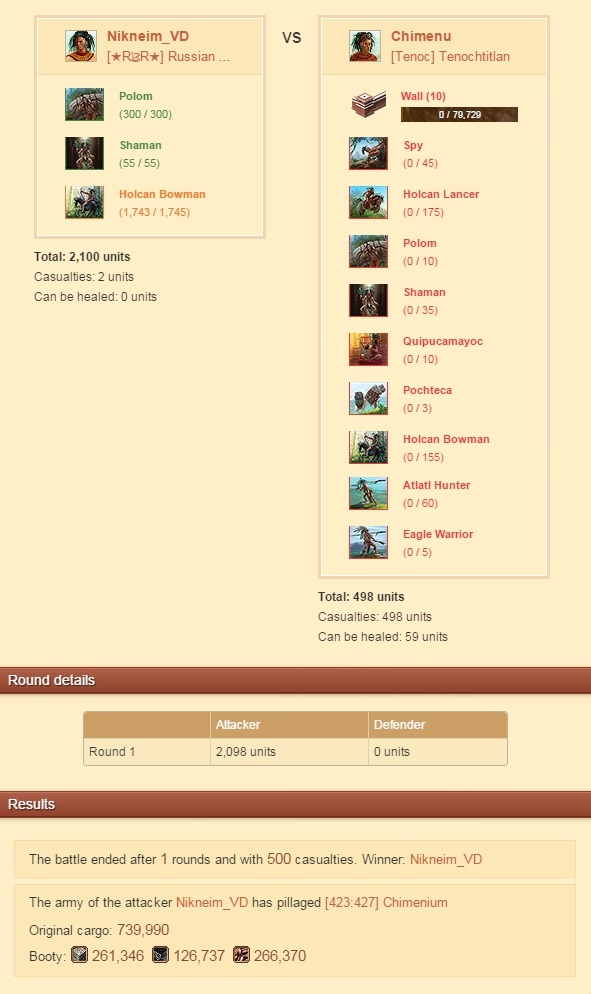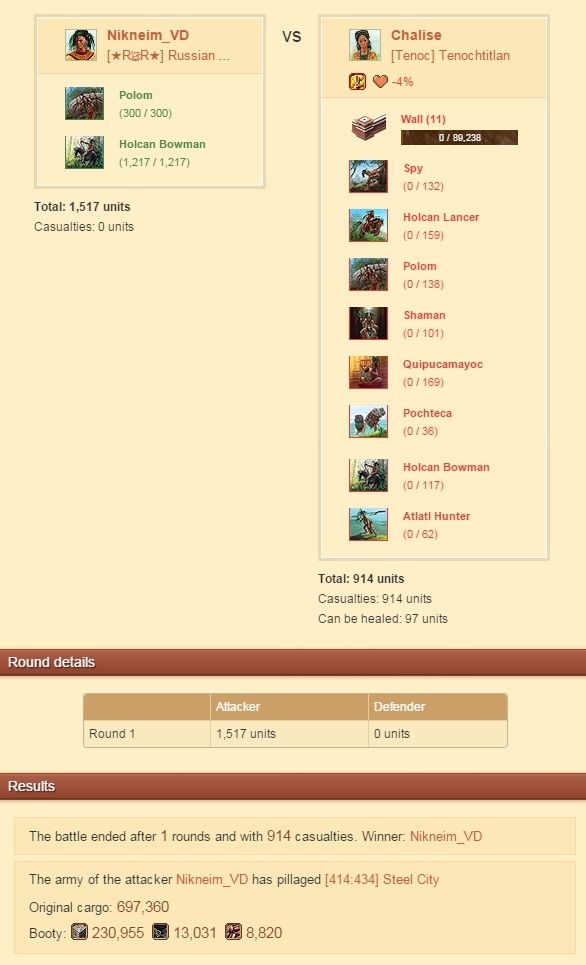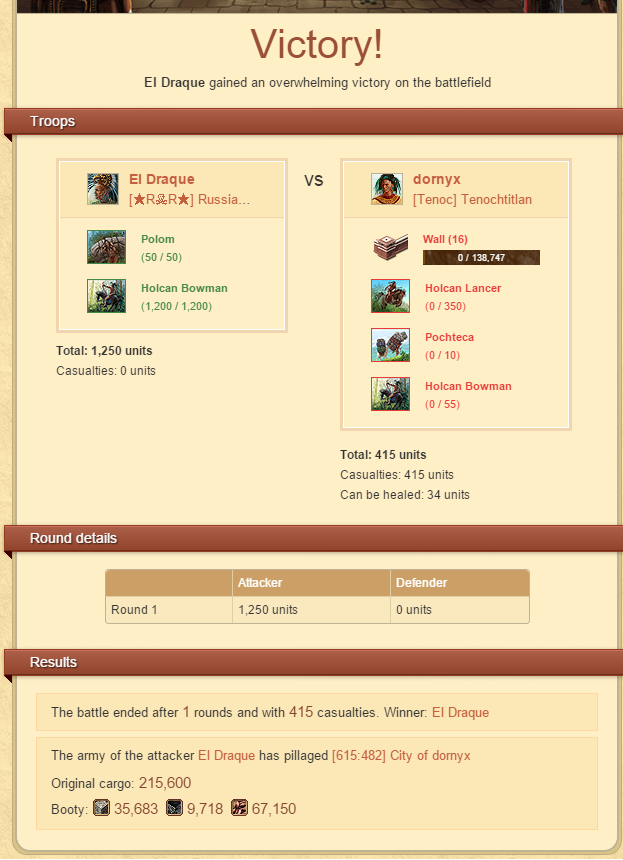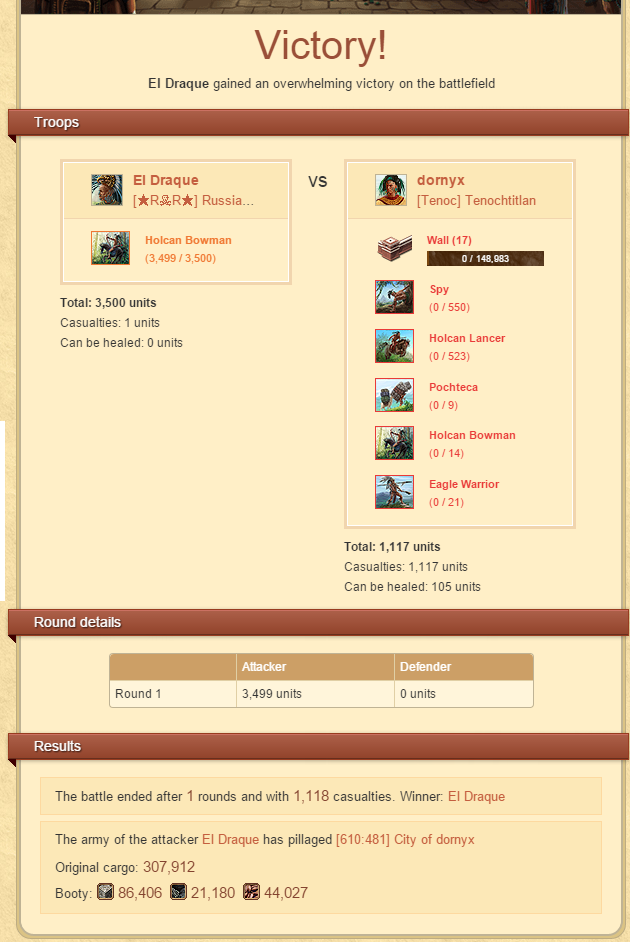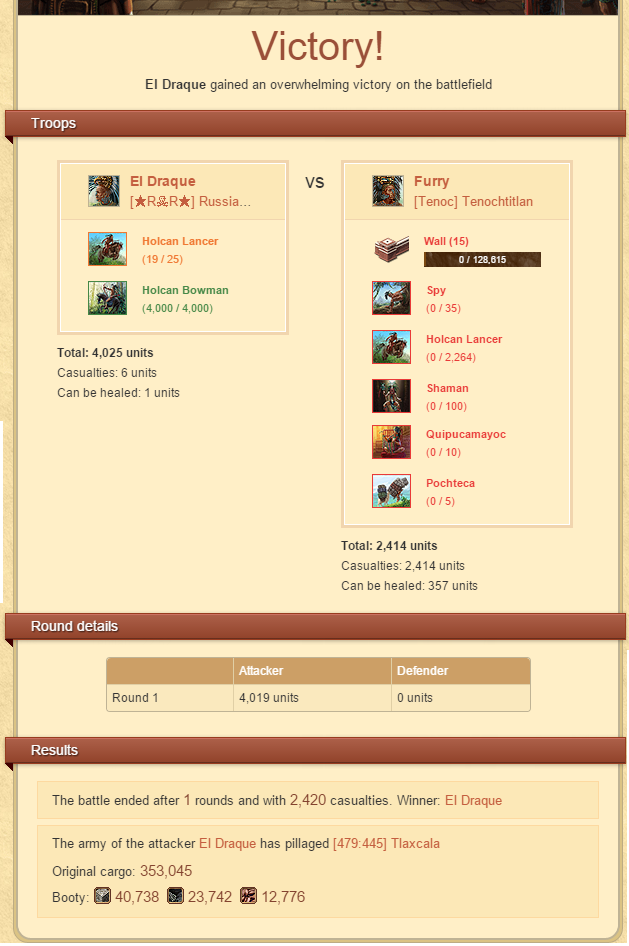The state of Israel is located in the Middle East surrounded by Lebanon in the north, Syria in the north-east, Jordan in the east and Egypt in the south. The western border of Israel is the Mediterranean Sea. Christians, Jews and Muslims call Israel the Holy Land.
The official languages of Israel are
Hebrew and Arabic, but all signs and directions are also in English
The Currency
New Israeli Shekel
Time Zone
UTC+02:00
Population
With a total of 7.8 million people, the population of Israel is made up of 75% Jews and about 25% who are Arabs, Christians and Muslims.
Topography of Israel
Israel is 470km long and 135km wide at its widest point. Israel’s topography is impressive considering its small size. In the north are Galilee and the Golan recognized for their forested highlands and green valleys. The south is renowned for its desert landscape - the Negev Desert.The whole west of the country borders the Mediterranean while the semi-tropical Jordan Valley is in the east.
Israel's Economy
The country’s primary economic sectors include electronics and biomedical equipment, metal products, processed foods, and chemicals. It is also known as one of world’s centers for diamond cutting and polishing.
Israel's Weather
Israel’s climate is Mediterranean with four distinct seasons. Winter runs from December-February and it is the rainy season. Temperatures can drop to 5C° but it’s rare. The spring runs from March-May and features beautiful warm days along with some rainy days. Temperatures are around 20C°, making it a nice time to visit. Summer, between June-August starts off hot and gets very hot, temperature around 30 C°, along the shore and it gets very humid. The best way to escape the heat is to sit by the sea or a pool. Fall is from September-November and temperatures start dropping, also making it a nice season to come and visit.
The Government
The State of Israel is a parliamentary democracy with legislative, executive and judicial branches. The Prime Minister is elected every four years The Knesset is the legislative authority comprising 120 members including minsters chosen by the Prime Minister. The President is the head of state but his duties are mostly ceremonial and formal; the office symbolizes the unity and sovereignty of the state.













